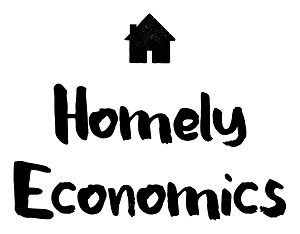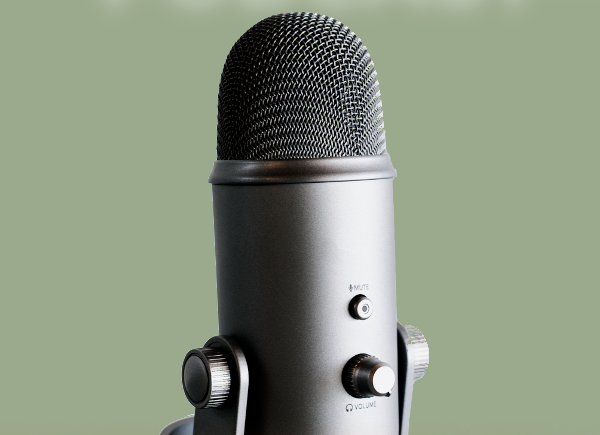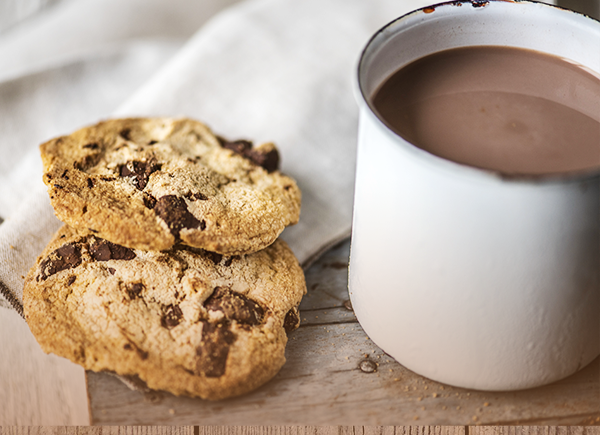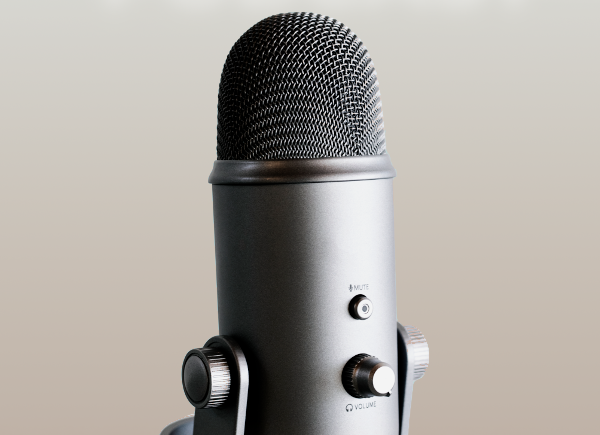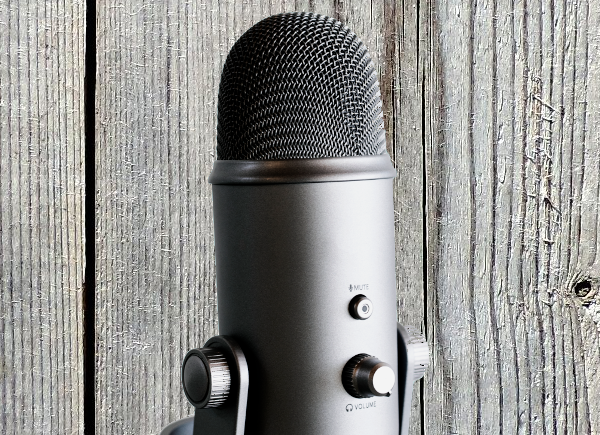Influenza is one of those common words with an unusual backstory – it sounds so much like an even more common word, influence, but is usually shortened to flu, so we don’t tend to pay its similarity much mind.
Back in the day – or once upon a time – humans didn’t know about viruses, or how to explain the spread of illnesses, and people believed that an unseen “fluid” came from the stars and manipulated the actions of humans and events on earth. We were supposedly under the influence of the stars (see this article for the etymological link shared by the word disaster).
It therefore followed that a word meaning to flow lent itself towards a meaning of exerting pressure or guidance. Now, it doesn’t make much sense when you think about the current meaning of the English word influenza, given that we have modern scientific methods and understand how disease spreads, but here we are, all under the influence – the influence of fear.
My name is Lee, and you’re listening to the Homely Economics podcast.
Stock markets are tanking, interest rates have been cut, layoffs have started, people are panic buying and the preppers who had been busy hoarding supplies for Brexit are feeling vindicated.
The world is coming to grips with a frightening pandemic as this new coronavirus dominates the headlines, and more than ever before in my lifetime, journalists are invoking the spectre of the Spanish Flu to both tease out some kind of understanding of what’s going on and to shift more newspapers.
People are either brushing it off as “just a bad flu” – which it most certainly is not – or taking it as a darned good reason to wig out and panic-buy toilet paper. Or at least take pictures of empty shelves where the toilet paper used to be, for the likes.
Sitting still, refreshing the red-topped news page, we’re likely to feel as though there is yet some unseen tide pulling us along wherever it will, with little that we can do but wash our hands and hope we keep our heads above water until it passes. The panic over what Covid-19 might do to us is as enough to induce an additional sickness apart from the disease itself.
Remember, though, that panic comes from Pan, the Greek god who put fear into the hearts of those who heard his terrifying shout. So the human propensity for being pushed around by mysterious, far-off forces still prevails, even millenia after those influences have been proven false.
So what can we do now? What can you do to practically prepare for a pandemic?
For many people, stocking up isn’t about panic buying; it’s about preparing. And I mean preparing, not prepping, as in the subculture devoted to stockpiling food, goods and even arms in the event of any number of apocalyptic scenarios. Even within the subculture, preppers’ interests range from simply being self-sustaining in the event of an emergency, to hardcore conspiracy theorists barricading themselves against societal collapse.
Being prepared for an emergency situation, or even an inconvenient situation, doesn’t have to have those negative connotations. For some, it’s an unavoidable way of life.
Recently I read a news article about life in Vanuatu, where the supply of food and goods is often interrupted by cyclones. In a situation like that, it’s common sense to have a stockpile, but it’s not sensible – or fair – to hoard supplies. Disrupted life in large, wealthy, developed Western countries is not going to look like disrupted life in Vanuatu, but there still seems to be a widespread sense of panic, probably because we just aren’t used to the idea of being short of anything.
After living out the most convenient lifestyles available to mankind, it takes a lot to get used to the idea that we might have to wait for a bit. I’ll freely admit that when my electricity tripped the other day, I was more freaked out by the idea of going without broadband than the idea of going without toilet paper. You wouldn’t think I’d spent half of my life without the internet, and none of my life without toilet paper!
So we should all do a bit of preparation at home, because a pandemic isn’t the only possible reason for a disruption of service. In my region, we’ve been regularly affected by floods, for example, and fire or a lack of gas or electricity can affect any of us – but in these cases, you’re probably looking at leaving your home rather than facing isolation.
Things to keep in your go-bag
You’ll need to gather up:
- Identity documents – passports, naturalisation records etc. – and copies
- Important financial documents
- A first-aid kit and your regular medicines
- Water and emergency food
- A change of clothes
When we first did this, we ended up with a backpack so big that only Ste could carry it. Now that’s not practical. Over the past few years, our son’s grown up and is taller and stronger than I am, so it’s more reasonable to work out our go-bags to be manageable between the three of us.
Tips for bulk buying
Let’s just address the fact that people aren’t just bulk buying, they’re breaking into hoarding. Hoarding hurts other people by reducing their access to vital supplies, and it’s not difficult to see why it’s contagious. Selfishness is a virus.
First of all, ask yourself if you really need to buy in bulk, and then ask yourself:
Where can you store these items?
Do you actually have space, or are you going to end up spoiling your supplies by keeping them in a damp or dirty area?
What do you already use on a weekly basis?
On one of our recent shopping trips, my husband picked up a few tins of sausages and beans, and I laughed at him because I don’t know if I’ve ever seen him eat a tin of sausages and beans in the six and a half years we’d been married. It was as if the sight of everyone else buying tins flipped a switch in his head that just went “SURVIVE” and he was ready to go into bushcraft mode.
Now, we go through a lot of rice, and that’s down to me because that’s the one carbohydrate I can easily digest. But plain rice isn’t something that anyone looks forward to. Think about the sauces, condiments and dry spices you use to make your meals livelier.
Read more: 7 tips to avoid food waste
What basic medicines do you have?
It’s a good time to check out the state of your first aid kit (I hope you have one!) and see whether your stash of painkillers, sticking plasters and bandages need to be replenished.
What do you need in your go bag and what do you need in the cupboard?
You need some emergency food and water in your go bag, but probably not a week’s worth of tinned meals – that’s an unreasonable amount to carry. Have a look through your cupboard and choose the things that are longer-dated and more easily used in transit for your go-bag.
What about your pets?
You don’t need to hoard pet food, but it’s wise to know where your pets’ medication is if you need to evacuate your home.
The problems that the coronavirus pandemic has wrought on our society will be far longer-lasting than the virus itself. Entire industries have effectively been brought to an abrupt halt, and others are barely holding on. The changes this will bring won’t just go away overnight. We have to accept that this isn’t a sprint to the finish line; it’s a marathon. Things will eventually level out, but in the interim, many of us will have to brace ourselves for more financial hardship than we had seen before.
How to protect your finances during a crisis
First of all, there’s only so much we can do to prepare for an emergency situation; we can’t foretell the future, and an economic loss during a natural disaster or health emergency is usually unavoidable, and always preferable to loss of life or health.
Still, panicking about the current state of affairs is not going to help. It might be wise to limit our exposure to rolling news coverage and the excess doom and gloom it brings. The anxiety that comes along with it won’t make the financial aspect any better.
If you’re a homeowner with a mortgage, you may be able to take a payment holiday with the permission of your bank. The mortgage doesn’t go away, and it still adds up, with interest, so will work out more expensive over the life of the mortgage.
If you’re a tenant, you may be able to agree an adjusted payment plan with your landlord – you will need to contact them as soon as possible.
Whatever debts you have – be it loans or credit cards – make sure you get in contact with your lenders as soon as possible to explain your situation and arrange a payment plan.
I’ll be linking to resources for help with benefits and navigating debt information, so check out the show transcripts for those.
Don’t forget to subscribe through your favourite podcast player, and if you’d like to read the transcription of this podcast you can find it at homelyeconomics.com/podcast-3. Take care of yourself everyone, and take care of those around you. I’ll catch you next time!
Read about some stay-at-home jobs to consider here.
Find out more about debt and coronavirus from StepChange.
Read the UK government’s action plan here.
